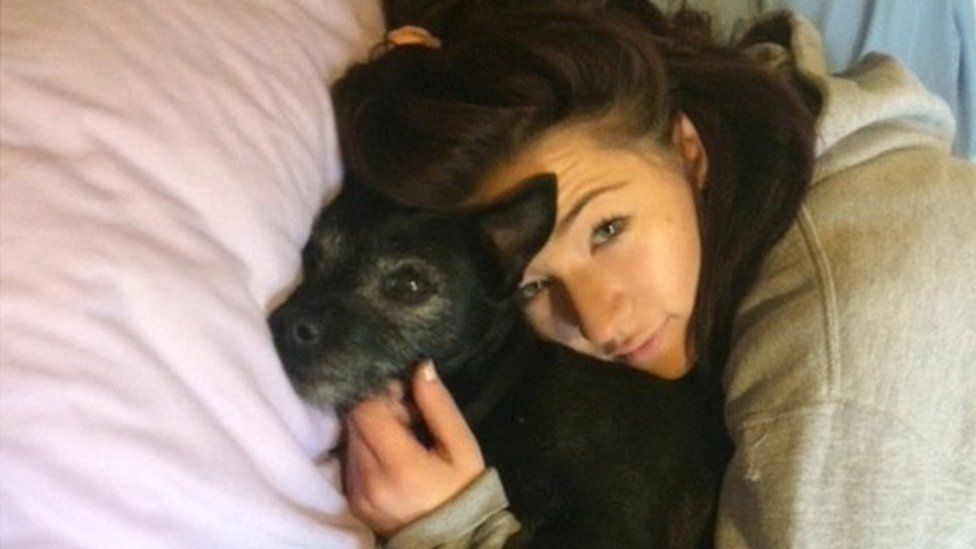Families who have lost a loved one have urged the NHS to do more to prevent weak patients from leaving wards and endangering themselves.
BBC Scotland spoke with the families of two mentally ill people who passed away after stopping their treatment without permission.
They demand action, as well as an explanation for why their relatives were not stopped.
The Scottish government claims that a balance must be struck between the right to liberty and the protection of patients.
Over 6,000 cases of missing persons reports were made from all NHS facilities in the previous five years, according to a BBC investigation.
However, only one of the nation's health boards was able to provide data on the number of missing mental health patients.
Jade McGrath, of Carrbridge, near Aviemore, committed suicide after going missing from Inverness' New Craigs Hospital in November 2018.
The 19-year-old died 11 days after leaving an unlocked ward without permission, according to an internal review by NHS Highlands, which found a string of mistakes contributed to her demise.
Despite talking about suicide and having hallucinations, Jade's mother Samantha claimed she was allowed to leave the hospital unimpeded.
"They didn't contact the police for 45 minutes after she disappeared. That is simply unacceptable," she said.
"We are one of hundreds of families in this situation.
"The NHS isn't doing nearly enough. These essential mental health services lack sufficient funding and compassion. ".
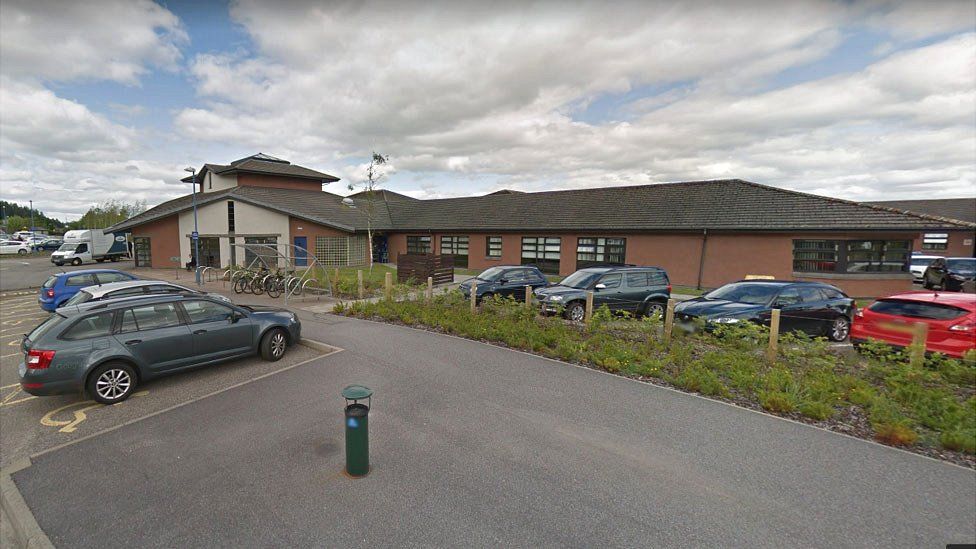
According to the results of the investigation into Jade's death, the hospital neglected to conduct a risk assessment and didn't add a missing persons report to her file.
Despite being warned that Jade appeared suicidal, staff members did not keep an eye on her as closely as they should have.
The family also received an apology and a six-figure payout as compensation.
NHS Highland expressed regret for failing to uphold the standards that Jade's case called for.
It claimed a review had been conducted in an effort to draw lessons, and it was working to implement the major recommendations.
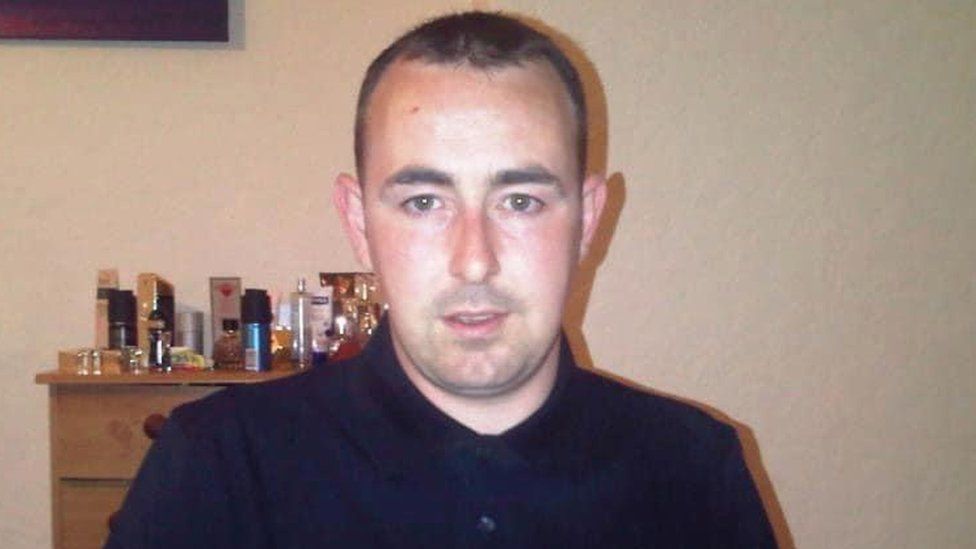
Tragic outcomes are not limited to Jade's case.
Last October, Barry McCullagh, a resident of Glasgow's Castlemilk, was taken to the Royal Alexander Hospital in Paisley after his family became worried about his erratic behavior, which included claims that he was hearing voices.
When he later requested to smoke a cigarette after being sedated, medical personnel escorted him.
Later that night, the 40-year-old asked to go outside once more, but this time he went by himself.
Barry was not rediscovered alive.
Although a cause of death has not yet been determined, his body was discovered in a nearby river in March.
Barry's mother Liz also lost another son, Brian, during the search for Barry after a battle with illness.
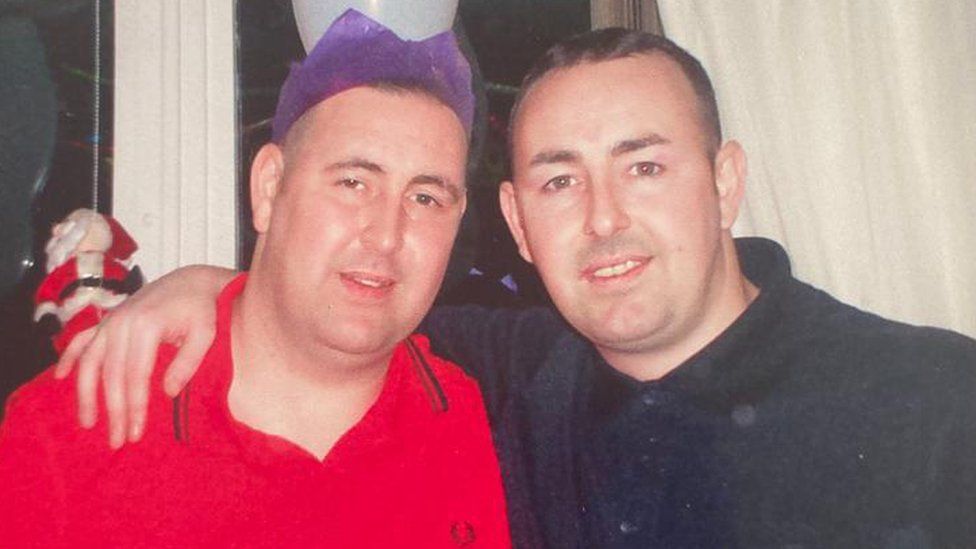
According to Liz, Barry's passing was the hospital's fault.
"I thought my son would be going to get better when I put him in an ambulance, but he ended up dying," she said.
"He should never have been let out of the hospital unsupervised the way he was acting. ".
According to Liz, the NHS initially reported Barry missing before telling police they had no concerns about him, which caused the police search to be delayed.
Liz continued, "I filed my own missing person report after learning the hospital had canceled one, but that caused delays.
"He knew no one in the area, didn't have a wallet or a jacket.
They are to blame. I demand explanations in addition to more assistance from hospitals for patients like Barry. ".
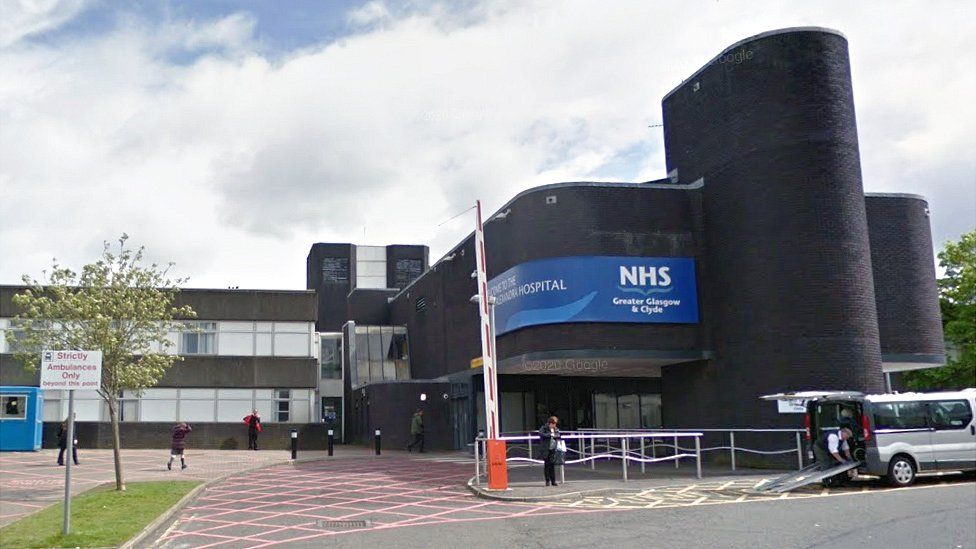
His family has received "sincere condolences," according to a spokesperson for NHS Greater Glasgow and Clyde.
The hospital stated that its staff "works tirelessly to ensure patients receive the highest standard of care possible.".
"Hospital staff cannot restrict a patient's movements without the appropriate legal authority. ".
The Scottish government's minister for social care, mental health, and sport, Maree Todd, sent the families a message expressing her "heartfelt sympathies.".
She declared that patients' safety was top priority.
"Staff must carefully weigh patients' rights to liberty and protection against one another. The balance is challenging. ".
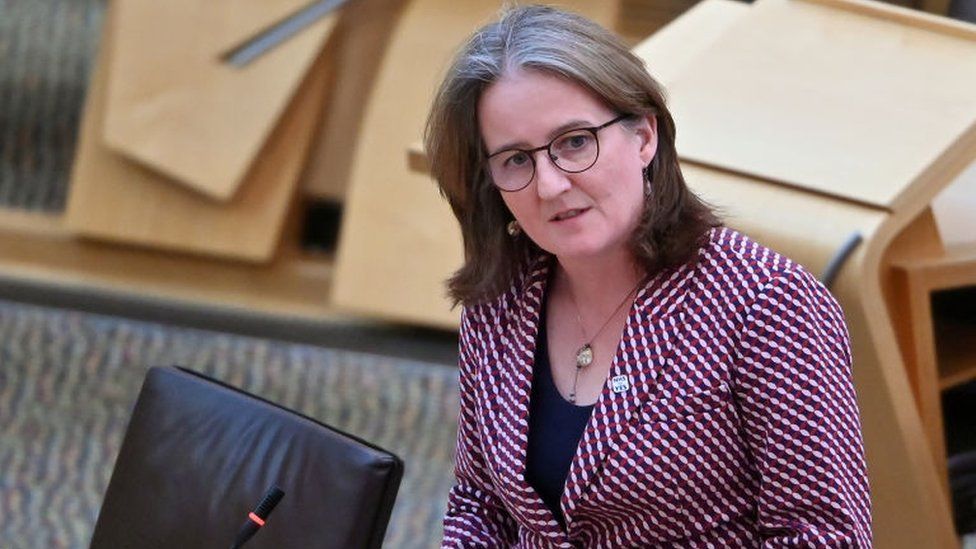
Few patients in need of mental health treatment are unlawfully detained and kept behind closed doors.
Only one health board in Scotland, NHS Tayside, responded to our inquiry's request for information about missing mental health patients.
It claimed that out of the 320 cases, they made up the majority.
Only one health board reported that no patients with mental illnesses were ever allowed to leave its wards without authorization.
Since 2014, the majority of the mental health patient wards at NHS Lothian have had locked doors to prevent people from walking in and out.
People need to feel safe, secure, and supported because they are most vulnerable when they are ill, according to a spokesperson.
They might have experienced trauma in the past, so we must watch who enters the ward and ensure that everyone is secure while under our care. ".
In addition, we requested information on how many times the police were called for assistance and the overall number of missing patients over the previous five years.
All health boards gave us data, with the exception of Greater Glasgow and Clyde, who claimed that this information was not kept on file.
Patients had left NHS facilities in the other areas 6,493 times over the previous five years. At least 1,807 calls to the police.
According to the Mental Welfare Commission, before deciding what to do in most situations, clinical teams would take into account whether the missing patient was able to make an informed and competent decision about leaving.
It stated that cases were only referred to them if a detainee left without authorization after being held.
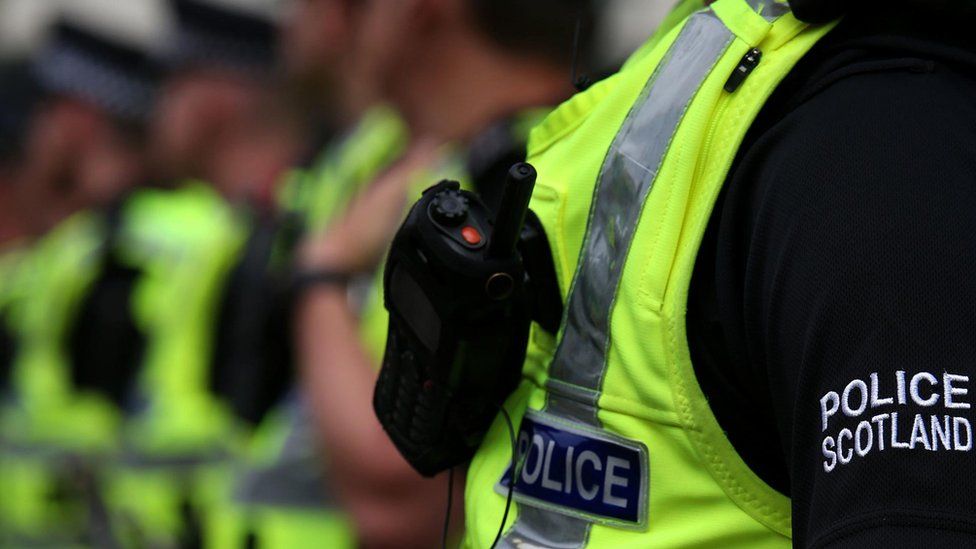
Tracing missing patients could be a resource drain, according to the organization that represents rank and file police officers.
According to David Threadgold of the Scottish Police Federation, "They generate a sizable resource and typically divert an officer from other responsibilities. ".
Police Scotland stated that it had no plans to follow the Metropolitan Police's announcement that it would stop responding to 999 calls related to incidents involving mental health starting in September.
The Metropolitan claimed that by doing this, police would be free to concentrate on crimes and the victims of those crimes rather than having to deal with individuals who require specialized medical care.
According to Assistant Chief Constable Gary Ritchie, "Police Scotland differs from other police services in that the law accords equal status to our mission of enhancing the safety and wellbeing of individuals, communities, and places, along with the more conventional aspects of policing, namely protection and safety.
"As a result, we will continue to assist those who are in need and are in crisis.
. "

